While tiny kittens are undeniably cute, sometimes introducing one into your home isn’t the best idea. A kitten is unpredictable, and given what you already have in your home, sometimes not the safest idea. Here’s why choosing to rescue a mature cat over a kitten might be best for you:

1. Kittens don’t stay kittens forever.
These irresistibly cute babies are hard to say “no” to, but like anything in life, it won’t last forever. With a mature cat, what you see is what you get in terms of size and coat, so you’ll know exactly what it is you are getting at first glance. The reality of this truth might be better for some when that adorable, tiny kitten winds up being a 20 pound ball of fuzz.
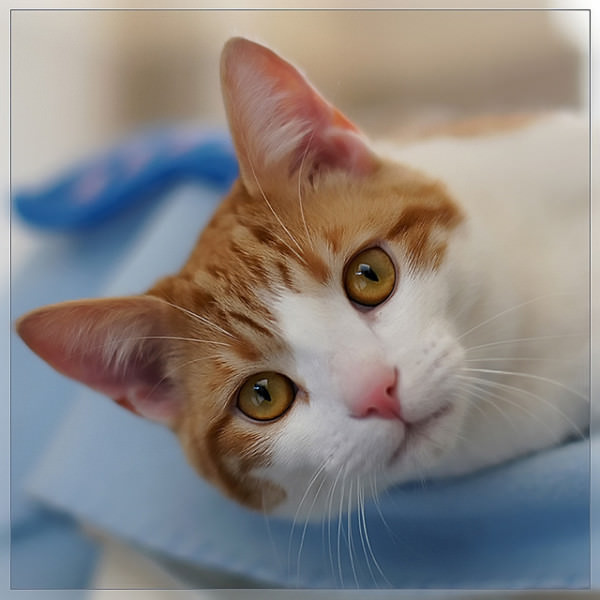
2. A grown cat’s temperament is pretty set.
A playful kitten may not always stay sweet and lovable, so by choosing a grown cat you’ll know exactly what kind of personality you will be getting. If you’re wanting a cat that is friendly and approachable, finding an adult cat that enjoys attention and isn’t shy might be best for you.

3. Older cats already present in the home do best with grown cats.
If you’re looking for a friend for a cat that you already have then selecting an older cat might be best to get the transition to go smoothly. Bringing in a cutesy kitten can create tension and jealousy from your existing grown cat, so be fair to them and take this into consideration before adding to your family pet dynamic. An older cat may also find a kitten irritating as their energy levels are not an even match.

4. Practice extra precaution with young children.
Little kids have a tendency to get overly excited and sometimes have a difficult time settling down or controlling their desires to pet and give attention to animals. A tiny kitten is fragile and can sustain trauma easily, and a house with small children isn’t exactly an ideal environment for their safety. Many rescues will not allow young kittens to go to homes with small children, and this safety precaution is a great tool to enforce the protection of a defenseless kitten. Choosing a grown cat or a kitten that is at least 6 months of age is highly advised in these situations.
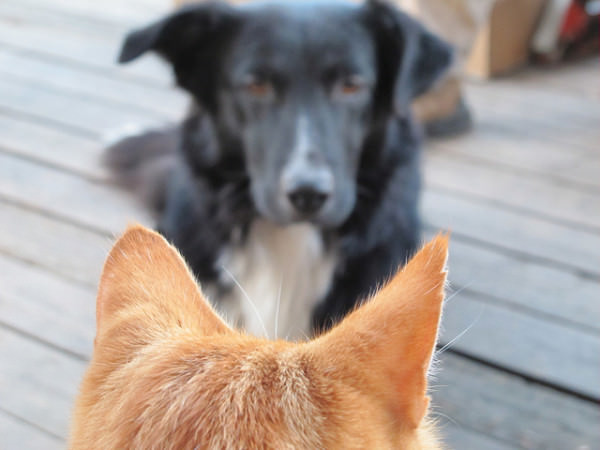
5. If you have a dog, it may be too much for a kitten to handle.
Like small children, dogs can become overly excited in the presence of a young kitten. Mostly they will be curious as to what it is, and may play too rough or be too aggressive without trying to when their curiosities are at peak levels with a new feline member in the household. Having a larger cat is safer, and this cat will be better adapted at protecting themselves when they’ve grown tired of a dog’s constant attention.
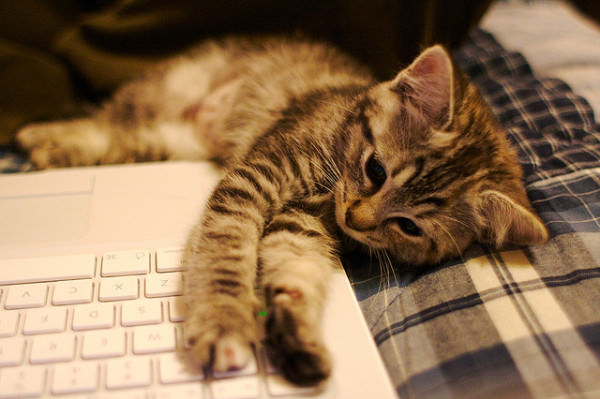
6. Kittens don’t care about your schedule.
After a long day at work you may be thrilled to see your kitten to spend quality time with them, but not exactly thrilled at the idea of having to stay up all night long with them when they are ready to play. Kittens who are cooped up in the house bored all day shouldn’t be expected to wind down at night just because that’s what you had planned. Be smart about your decision to get a feline friend and consider choosing an older cat that will want to cuddle up at night when the two of you are ready for bed. If you work from home, your kitten isn’t likely to mind your work schedule either and they may pester you for attention until they get what they want–attention.
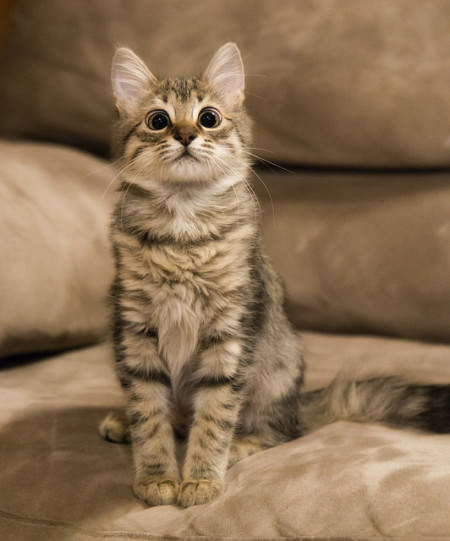
7. “But I’m just a kitten!”
Cats are more self-sufficient than kittens and don’t need constant supervision or anywhere near as much interaction. A kitten shouldn’t be expected to spend a lot of time alone and if you have a busy schedule then getting a kitten is not fair to them and disregards their need of constant companionship.
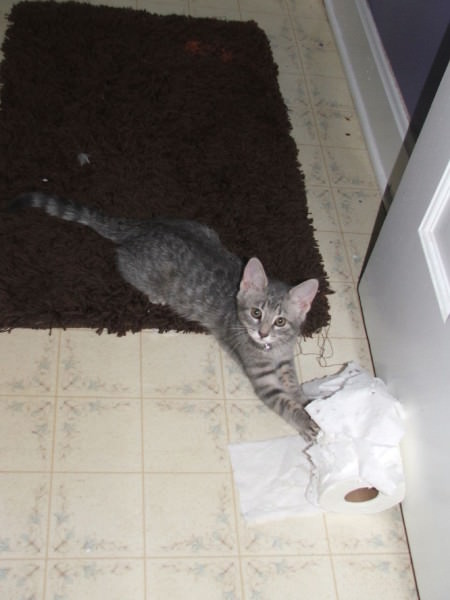
8. “Wait, I wasn’t supposed to do that?”
Most kittens are unpredictable and can be a little bit wild at times. If you don’t want to return home to find teeth marks on your shoes or toilet paper shredded all over your home, think about getting a grown cat that’s likely moved past their phase of destruction of all things within plain eyesight. Grown cats shouldn’t also have trouble using their scratching posts or give you issues with the litter box.
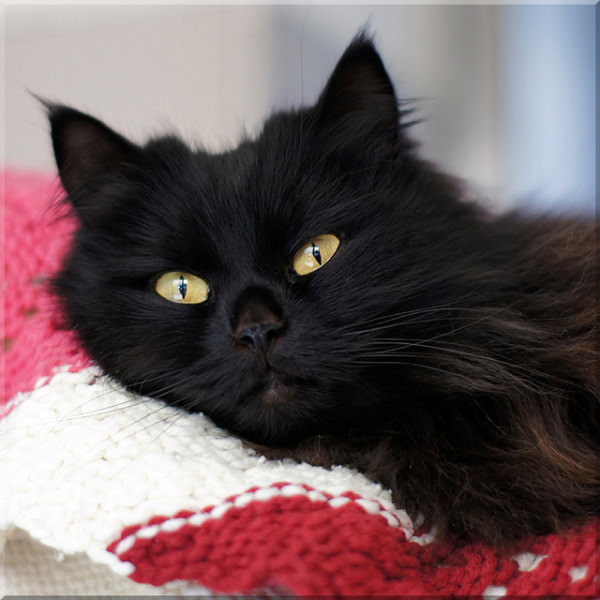
9. Give a cat a second chance.
Many shelters and rescues are filled with adult cats who were once little kittens and the apples of their owner’s eye until they grew into the inevitable and were suddenly less desirable. Kittens are often chosen because of their size and overall cuteness by people who don’t stop and think that an adult cat is just as precious, and what that kitten they are so crazy about will become in the blink of an eye. Shelters/rescues give the chance to help a cat or older kitten in need of a good forever home, all with neutering, a clean bill of health, and up to date vaccinations–often at a bargain of less than $100. That’s priceless for a cat that will reward you will love and loyalty for as long as they live.
